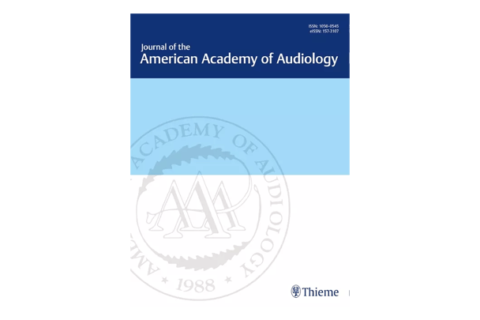
Treatment of Benign Paroxysmal Positional Vertigo: Necessity of Postmaneuver Patient Restrictions
Published on: June 1, 2005
-
J Am Acad Audiol. 2005 Jun;16(6):357-66.
-
Abstract
Benign paroxysmal positional vertigo (BPPV) is the most common cause of
vertigo, resulting from migration of otoconia into the semicircular canals.
Several treatment methods involving positioning maneuvers that return the
otoconia to the utricle have been described. Following treatment, most patients
are provided with a variety of activity restrictions. Previous studies suggest that,
overall, BPPV treatment may be successful without these restrictions. The
purpose of this study was to determine the necessity of postmaneuver
restrictions using an experimental and control group with participants matched
for age, gender, involved ear, and symptoms.A canalith repositioning maneuver
was used to treat the BPPV. During postmaneuver instruction, the 21 participants
assigned to the restricted group were provided with typical activity restrictions.
Twenty-one participants assigned to the nonrestricted group were given no
postmaneuver restrictions. Only one participant in the restricted group and two
participants in the nonrestricted group were not clear at the one-week followup
appointment. Results indicated that postmaneuver restrictions do not
improve treatment efficacy.
Key Words: Benign paroxysmal positional vertigo, canalith repositioning
maneuver, otoconia